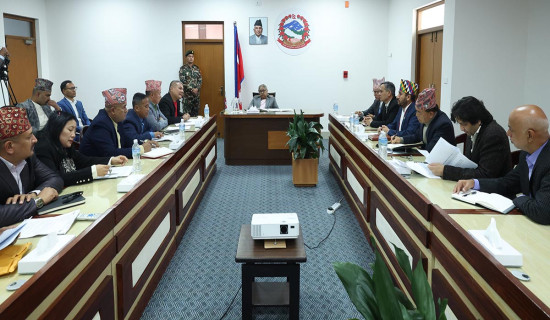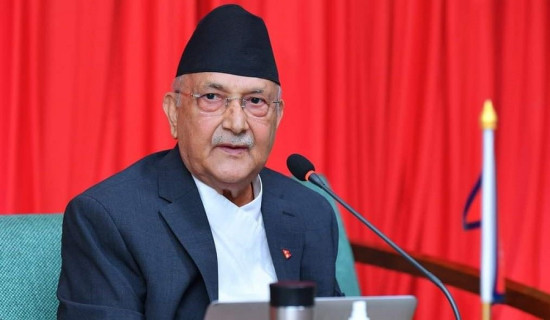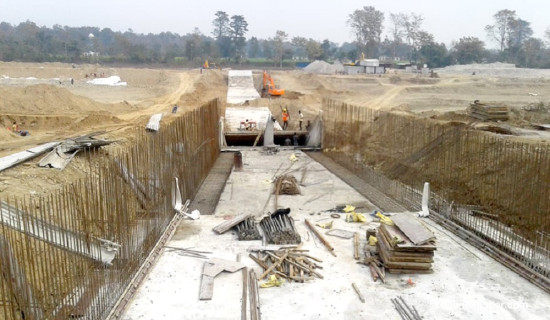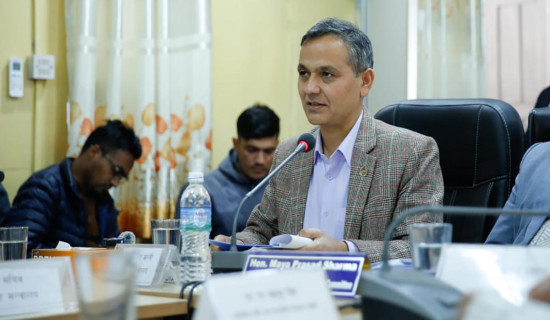- Thursday, 1 January 2026
Right Information Flow
In a democracy, citizen’s right to information has been constitutionally guaranteed. People have right to know the decisions and actions of authorities and state agencies as they directly impact the public domain. The right to information is essential to ensure accountability and transparency of the government’s activities meant for the broader interest of the common people. Such a provision helps strengthen good governance and public service delivery. If the government’s departments and officials are reluctant to provide information about their policy, decisions and performance, this will fuel suspicion about the real motive of the public institutions. More importantly, non-cooperation and apathetic attitude on the part of authorities also provide room for misgivings whether they have indulged in red-tape and financial irregularities.
In recent times, the cases of fraud, corruption and scandals have increased to an extent that they have sapped the capacity of public institutions and tarnished the country’s image. These bad events have occurred in the absence of accountability, strict implementation of laws and monitoring. However, there is another dimension of information. While the government bodies should furnish information to the public about its decisions and past files of records, the former also needs authentic information in order to enable them to take right decision and improve their performance. So flow of right information is equally important in democratic set-up.
In an age of pervasive social media, distorted information, fake news and falsification of public discourses have increased at an alarming rate, confusing both public and state mechanisms to gauge which is right information and which is not. The internet-driven social networking sites have not only broadened people's access to the digital space to express and share their views and feelings, they have also given rise to misinformation, character assassination of targeted individuals and hate speeches. This has posed difficulty for the innocent persons to separate truth from falsehood. Manipulation of digital media poses a threat to the democratic system where the truth is overshadowed and lies are spread as facts.
The media outlets that comprise print, television and online have responsibility to disseminate right information and offer constructive inputs to the government. Against this backdrop, Minister for Communication and Information Technology Prithvi Subba Gurung has urged the media sector to cooperate with the government by imparting correct information and healthy criticism of the government to rectify its shortcomings if any. "It is a Loktantrik government that wants the media sector would cater right information in favour of good governance and criticise its faults that happen in course of its performance," said Minister Gurung while addressing a programme organised by Federation of Nepali Journalists in Kathmandu recently. He was of the view that the problem of cooperatives has spiraled in dangerous proportion because of the tendency of blaming the federal government and not fulfilling one's own responsibility.
As the fourth estate, the media should play a constructive role in promoting good governance and democratic culture. This requires refraining itself from disseminating false and fabricated information. It should dish out objective and unbiased news and views to the public. The flow of misleading and harmful content through various social sites need to be controlled. Those active in promoting yellow journalism must be brought to book. No one is above the law. The media sector should function within the ambit of constitution and designated legal provisions. Only then can it be responsive towards the people and the government.









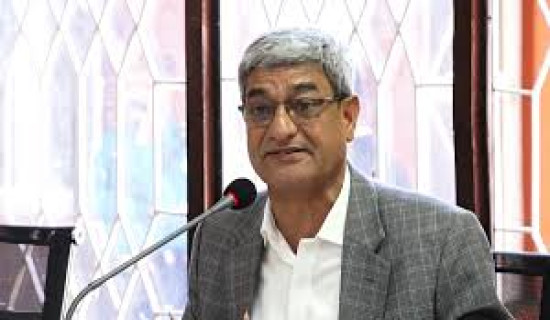
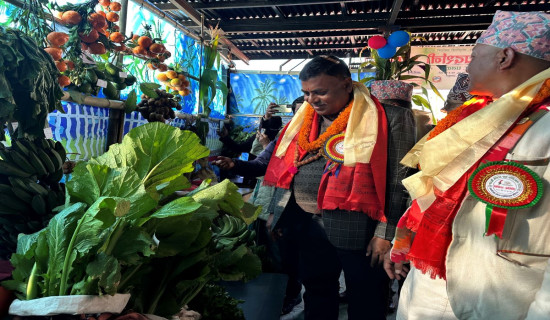
-original-thumb.jpg)
